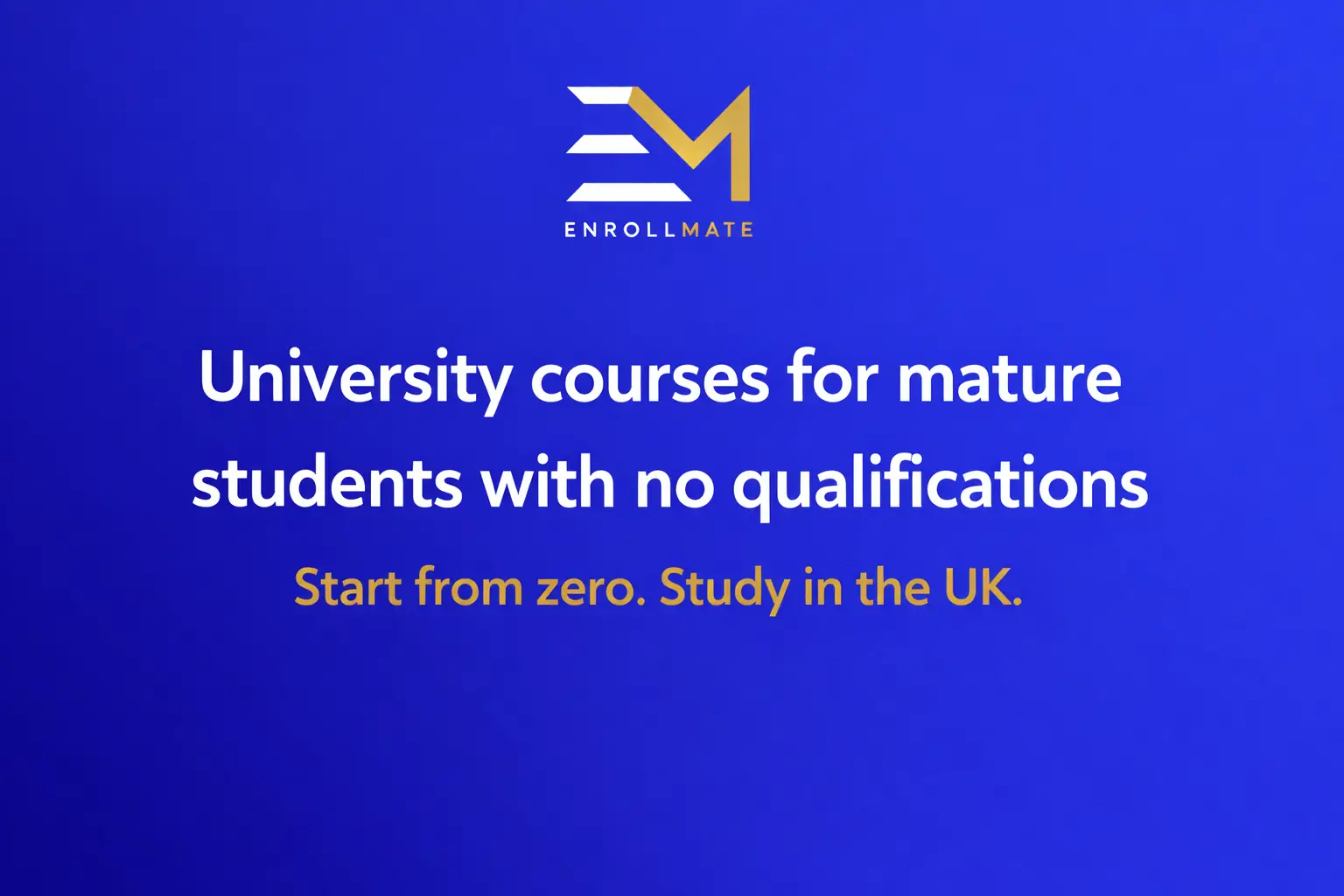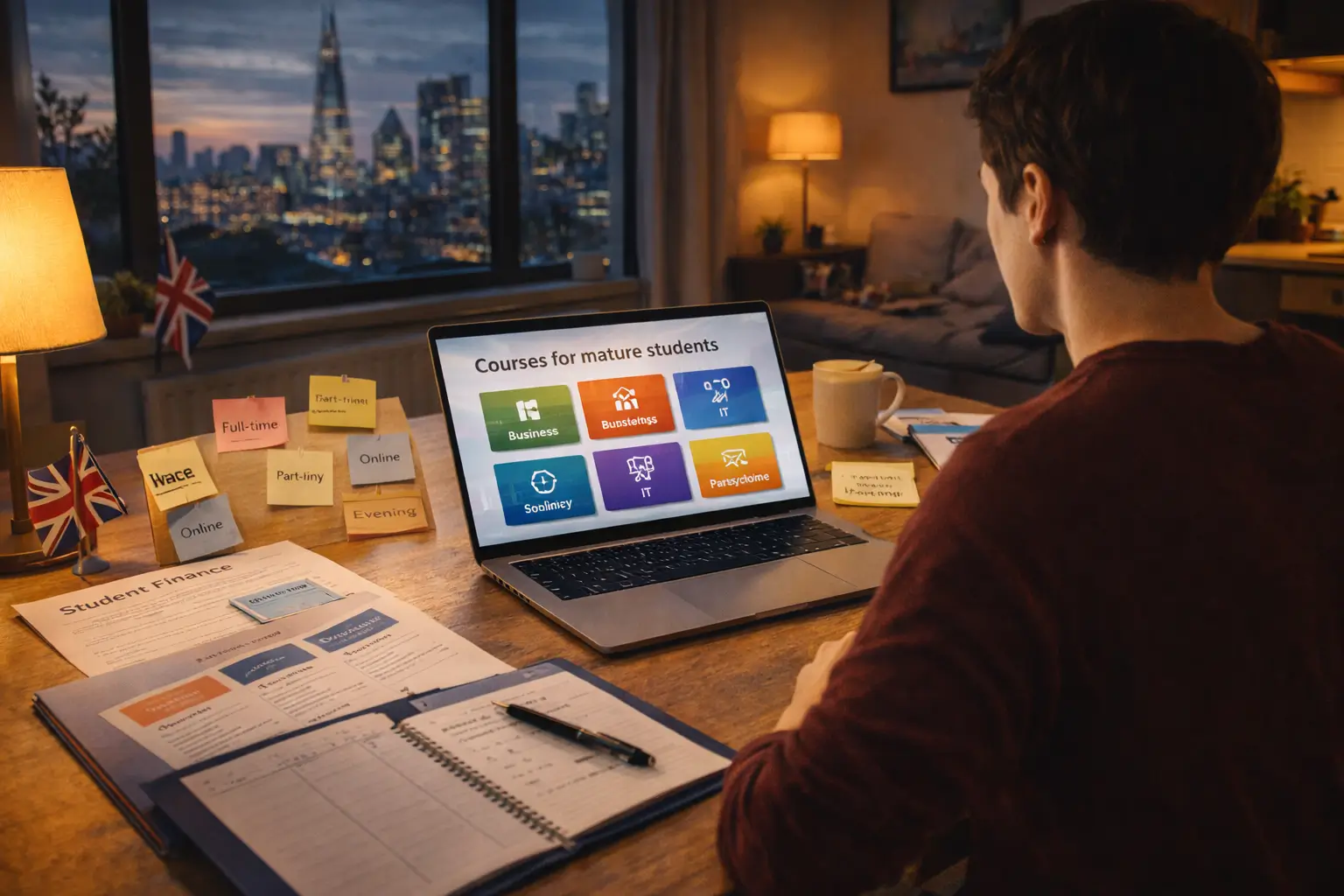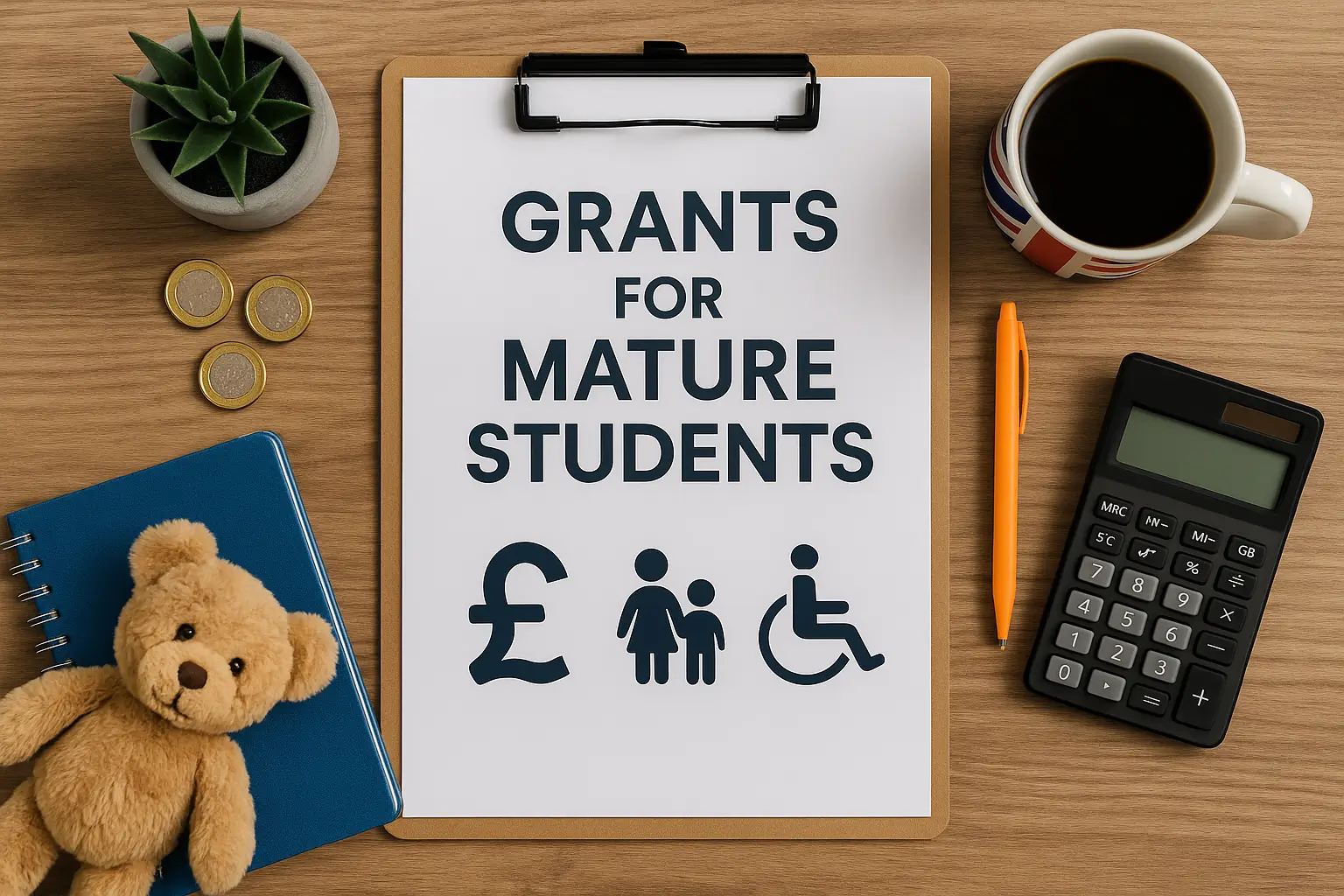Academic Misconduct: The Costly Mistakes That Could Ruin Your Degree

Mihai Flueraru
April 13, 2025
College life is full of exciting moments — new friends, new classes, and a whole lot of learning. But with all that pressure to succeed, it’s easy to slip up without even realizing it. Academic misconduct might sound like one of those “it’ll never happen to me” things, but even a small mistake can have some pretty serious consequences. In this blog, we’re diving into what academic misconduct really is, why it’s such a big deal, and how one wrong move could end up costing you your degree. Let’s break it down together — no judgment, just the facts!
Academic misconduct is when someone doesn’t act properly in an educational setting or someone deviates from the institution’s code of conduct. The institution takes all reports of academic misconduct very seriously and tries to make sure they are dealt with in a responsible way.
Types of Academic Misconduct
1. Cheating
Cheating is any attempt to get or give help on a test or assignment without permission. Any attempt to get or provide help on a test or assessment without receiving the proper credit is considered cheating. This includes submitting someone else’s work. For example, cheating on an exam or buying an assignment from a friend or online.

2. Plagiarism
One of the biggest forms of academic misconduct is plagiarism — and it’s actually the most common issue colleges and universities deal with.
Plagiarism happens when you take someone else’s ideas or words and pass them off as your own, even if you didn’t mean to. If you don’t give proper credit, it still counts!
Here are a few more examples of what plagiarism can look like, so you know what to watch out for.
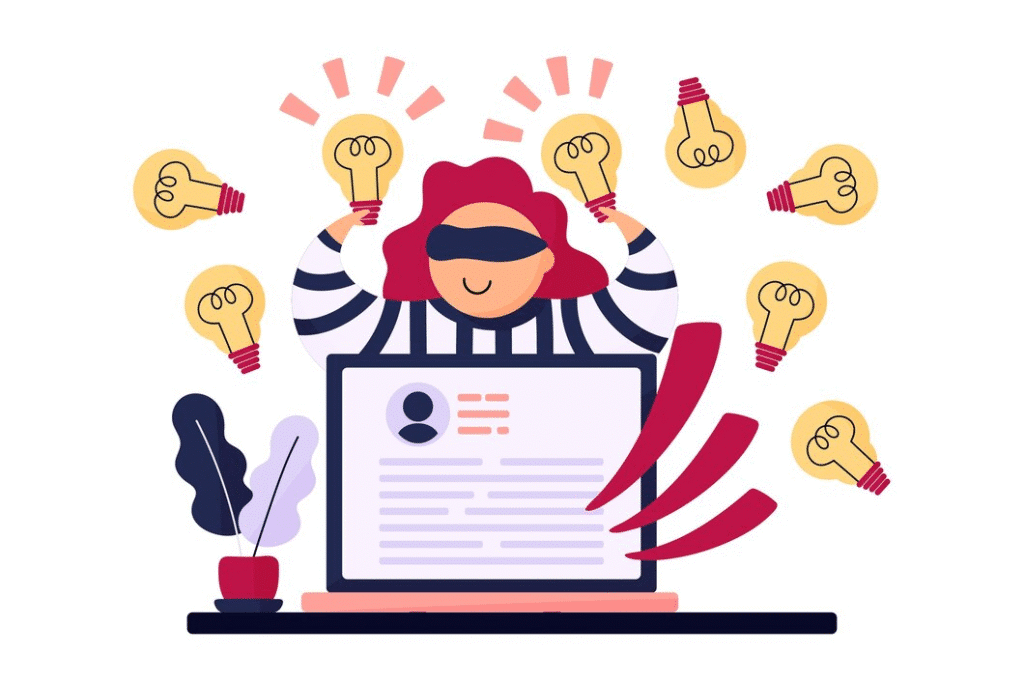
● Artificial Intelligence Plagiarism
Today, it is super common to use artificial intelligence (AI) for educational work. It is against academic integrity to claim AI output as your own since generative AI uses data and knowledge from sources that are available to it, hence any output generated is someone else’s work.
AI restricts the educational process and keeps you from developing the critical writing, research, and thinking abilities that employers look for in graduates. AI can produce biased, outdated, or incorrect content. And guess what? It doesn’t even properly cite its sources, which can land you in trouble for plagiarism.
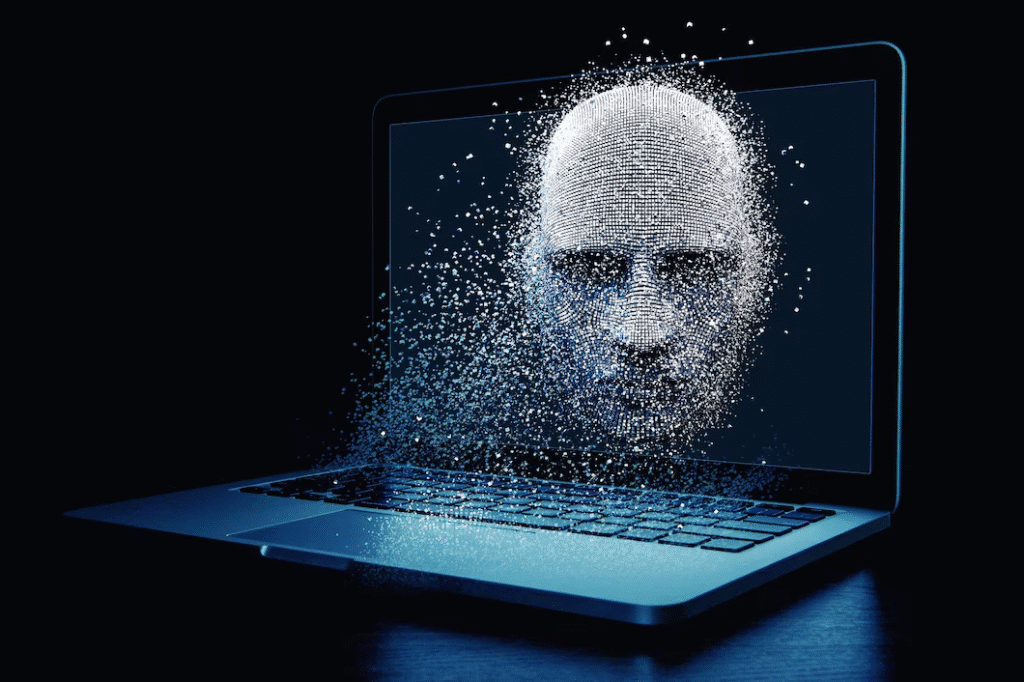
● Self-Plagiarism
Self-plagiarism involves submitting the same assignment for many classes without permission. Receiving course credit for the same work twice is not allowed. This means that, even if the subject is the same, you cannot utilise an essay from a previous year’s course in one of your current courses.
3. Fabrication / Misrepresentation:
Fabrication is when you make up data, results, or other parts of your research and pretend they’re real — even things like participant consent or project documentation.
Some examples? Making up information for an assignment, faking a Turnitin report, or lying about how much work you did for a group project. Yep, all of that counts as fabrication and can get you into serious trouble.

4. Collusion
Plagiarism also covers collusion. This happens when a group of students works together on an assignment but submits it as if only one person did all the work.
It can be tricky to tell the difference between collaborating and coordinating with friends. Even if collusion wasn’t intentional, it still counts as academic misconduct and can lead to serious consequences.

5. Contract Cheating
When a student hires someone else to do their assignment, with or without payment, and then passes it off as their own, it’s known as contract cheating. For example, asking someone else to take an exam in your place. Contract cheating is different from other types of plagiarism as it is an intentional act of fraud that cannot be done by accident.
At Enrollmate, we help students stay on track without straying into wrongdoing by providing them with personalised guidance and ethical academic tools. It’s a fantastic approach to receive help without compromising your academic integrity.

Why do students cheat?
Of course, there is not one reason why students might choose to do things that aren’t honest in education.
Researchers haven’t yet found a single cause-and-effect link, but they have found many different types of correlations that show how universities and teachers can change the teaching and learning environment to support academic integrity and make it harder for students to cheat.
Peer behaviour and views are very important, as many studies have shown. Students are more likely to engage in self-cheating behaviour when they believe that their peers find it acceptable to cheat in class.

A university’s strong honour code, which outlines students’ rights and responsibilities and promotes constructive peer pressure against dishonesty, improves honesty.
These are some common reasons why people do bad things in school:

- Misunderstanding: The student doesn’t understand what is expected or is confused about it.
- Lack of link to instructor: The student feels like the teacher doesn’t see them or treat them badly, so they do bad work.
- Lack of material: The student doesn’t care about or respect the course material and uses bad behaviour during class to avoid or minimise effort.
- Skills Gaps: The student lacks some academic skills and does poorly in school, to hide or deal with these problems.
- Student stress: The student is under a lot of stress because of pressures to do well in school and/or meet deadlines, and they are using academic misconduct as a way to deal with their stress.

So why do students cheat? Their easy answers are that they are people and can make mistakes. Students are like everyone else: they plan and set priorities as they deal with a lot of different interests and stresses. They weigh the risks and benefits of the different things they can do.
Consequences for Students
If you get caught in academic misconduct, it’s not good. You might fail the assignment, or worse, get suspended or even expelled.
But the trouble doesn’t stop there. Having a history of dishonesty can seriously hurt your chances when it comes to landing a job later on. It can make it tough to build the professional credibility you need to snag a great position.

On top of everything, students who cheat or plagiarize often don’t really get a solid grasp of the subject, which can mess with their learning and hurt their career growth down the line.
And let’s not forget — dishonesty in school can also mess with your sense of ethics. It can start to chip away at your moral compass, which might lead to making questionable choices in the future.

